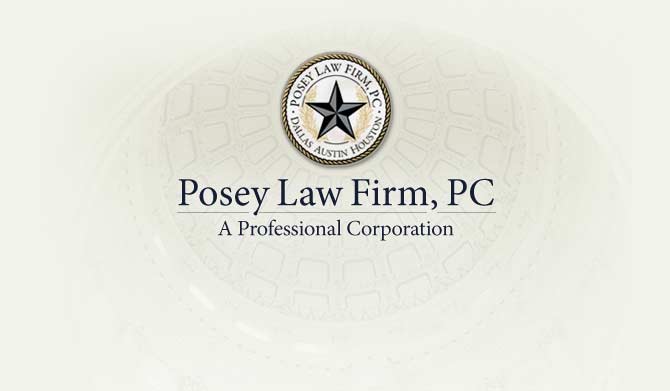Small business owners have a difficult task in navigating the legal side of their business. After all, business owners are an expert in their fields, not the law -- and that can make it hard for them to know what they don't know. One area that has proven especially confusing for small business owners, particularly those running Internet or technology startups, is their rights and limitations regarding intellectual property.
It's helpful for anyone who works in the business sphere to have a general idea of how intellectual property laws work. Essentially, intellectual property breaks down into four areas: trademarks, copyrights, patents, and trade secrets. Each of these categories provides protection for a particular type of idea or information.
Trademarks protect business identity, such as logos, slogans, names, or other things that are closely associated with a company or product. Copyrights protect artwork, literature, movies, music, and other types of expression (but not the fundamental ideas on which that expression is based). This category typically includes software as well. Patents protect designs and new inventions, including any type of machine or tool. Finally, trade secrets protect proprietary information that belongs exclusively to a particular business, such as a unique formula or other confidential information.
Each of these areas has different laws regarding how a business owner, or anyone else, secures or protects the right to use certain information or ideas. For example, trade secrets, unlike patents, are not registered with the government and remain protected only as long as they remain undisclosed -- so if, say, a business publishes the details of its marketing strategy on its website, their marketing strategy may no longer qualify as a protected trade secret.
Additionally, each type of intellectual property law confers specific rights to the owner. The person who owns the copyright for a song, for example, has the exclusive right to reproduce and distribute the song, as well as create derivative works from it.
Of course, this is only scratching the surface of the complex world of intellectual property rights. If you're concerned about protecting your intellectual property, it's imperative to get in touch with an experienced attorney who provides full-spectrum legal services to get an understanding of your rights.


